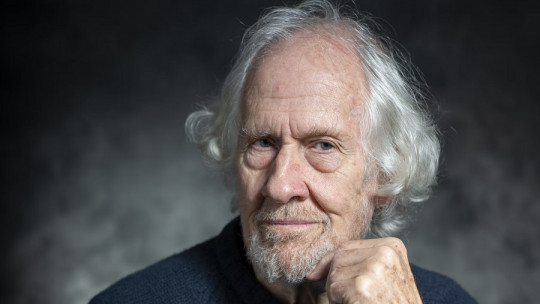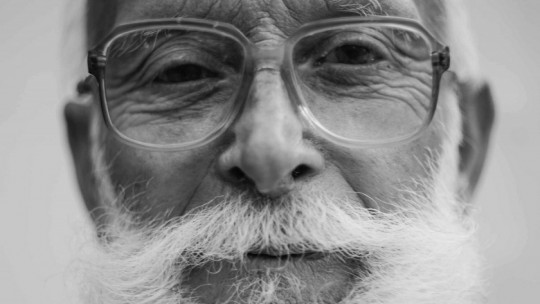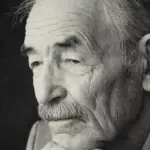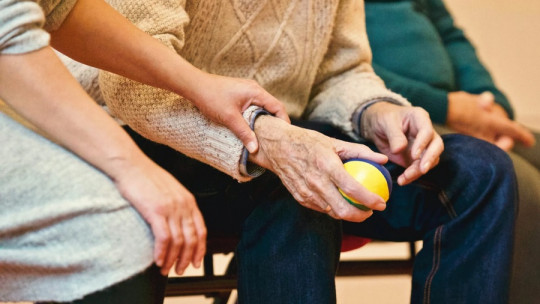
Aging is a process as natural as any other in life; However, the needs and care required in the elderly are often overlooked or undervalued in a society in which, in many aspects, the experiences of the elderly remain invisible.
This stage of development presents a series of changes not only physical, but also cognitive and emotional, which must be known and taken into account to ensure that those who are going through this stage can take advantage of all the potential that life offers them and are well. integrated into society. If we assume that there is no difference between the psychological aspects common in older people and the experiences of young or middle-aged adults, we are ignoring many problems to which older people are especially vulnerable.
It is in this area where the Psychology of aging intervenes a booming discipline that is increasingly being applied to more contexts, and which currently has its center of activity in sociocultural and health centers especially aimed at older people.
What is the Psychology of Aging?
The Psychology of aging is the branch of psychology responsible for address and prevent all types of psychological alterations or mental disorders in older people always applying therapies and revitalization strategies based on scientific evidence.
The intervention of aging psychologists includes both the diagnosis and intervention of all types of problems, as well as the prevention of any future problems and the promotion of healthy lifestyle habits adapted to those who are going through old age.
It is one of the psychological disciplines with the greatest potential for growth today, both due to the progressive diversification of applied psychology and the progressive aging of modern Western societies.
What are the main functions of the Psychology of aging?
There are many functions that professionals in the Psychology of Aging are responsible for, and some of the most important are the following.
1. Intervention in mental health problems
One of the main functions performed by professionals in the Psychology of Aging is diagnosis and intervention in all types of psychological disorders that older people may present both emotionally and cognitively and intellectually.
As in any other area of the psychological discipline, the interventions of the Psychology of Aging take into account the particularities and needs of the most advanced ages at all times and each of the therapeutic strategies applied are perfectly adapted to each person.

Some of the most common mental health disorders in the elderly are dementia, neurodegenerative diseases such as Alzheimer’s, anxiety, depression, low self-esteem and unwanted loneliness.
2. Support for family members
Support and advice to families of older people who may have any type of need or alteration is essential if we want to improve the quality of life of the affected person and ensure that they acquire greater well-being in their lives.
As has been demonstrated in both psychological and medical research, equip close family members with useful tools and strategies Helping older people if they need it is essential to increase their quality of life and that is one of the functions of aging psychologists.
In addition to that, other functions that a specialist in the Psychology of Aging can perform is to give specific instructions on routines that can exert a positive influence on the elderly person and also on psychologically healthy habits.
3. Intervention in cognitive functions
Old age is a stage in which cognitive functions begin to deteriorate due to the natural passage of time a fact that significantly affects the emotional health of the person and has a very negative effect on their quality of life.
The psychology of aging is also responsible for intervening in the deterioration of cognitive functions, either for its prevention or with the aim of slowing down said cognitive wear, whether natural or pathological.
To achieve this, strategies are used such as teaching exercises linked to cognitive training, promote daily activities that may be useful in preventing cognitive burnout and work together with professionals from other disciplines to facilitate the monitoring of pharmacological treatments if necessary.
4. Mental health promotion
Tasks to promote mental health in old age are an essential task for professionals in the psychology of aging, since they provide great help to both the older people who receive it and their families.
There are many modalities in which these professionals offer a mental health promotion service for older people, among the most common we can highlight giving talks in day centers and residences, courses and workshops aimed at learning strategies of all kinds for day-to-day life and informative tasks taught by psychology professionals who teach seniors practical knowledge of all kinds that can be very useful to them.
5. Emotional support
In addition to providing an intervention and treatment service for classic psychological disorders that may appear in old age, the psychology of aging also aims to provide emotional support to anyone who requests it.
Although it is a little explored and relatively unknown topic, During old age, emotional changes of psychosocial origin often occur in older people that can significantly affect their mental health and overall well-being, such as unwanted loneliness, the feeling of guilt for believing themselves to be “a burden” to the family, etc. It is precisely these changes that an aging psychologist addresses.
Some examples of emotional alterations typical of old age may be anxiety, depression, low self-esteem, apathy or suicidal ideations.
- You may be interested: “Empathy, much more than putting yourself in someone else’s shoes”








